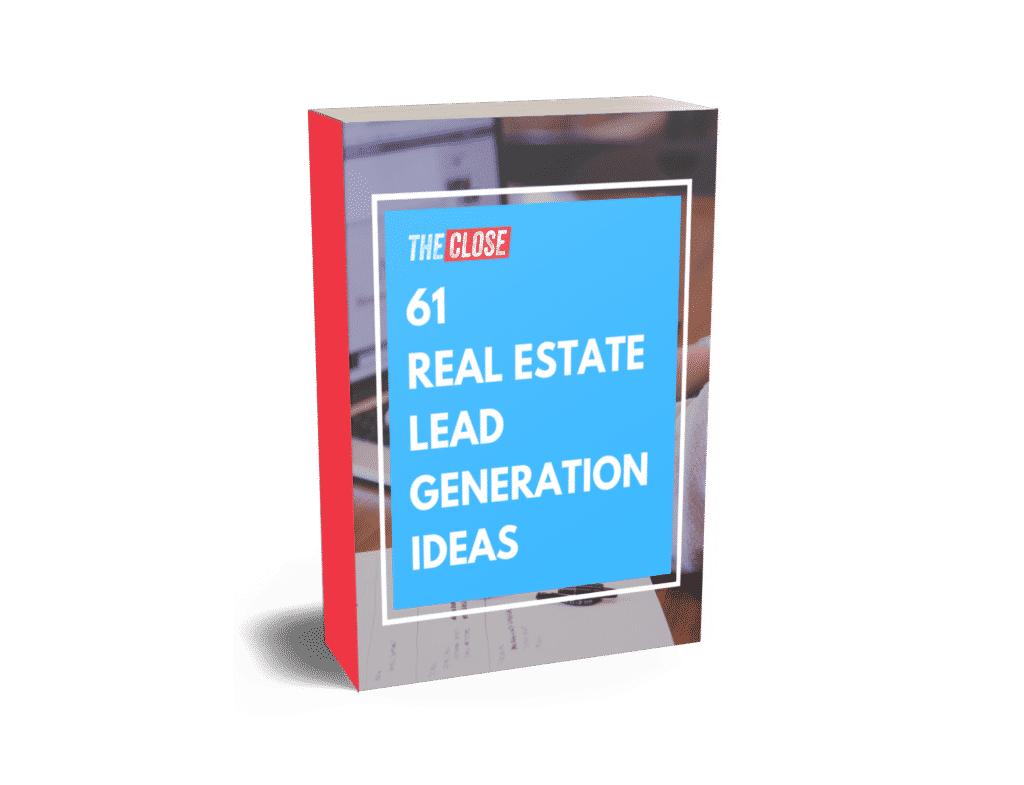If you’re a cold caller like me, how many times in the past year have you been hung up on? How many times have you heard “How did you get my number?” or “Why are you calling me?” If you’re relatively new, getting hung up on or dealing with objections like these might have made you throw in the towel on cold calling.
What if I told you there is a way to minimize these common objections and never get hung up on again? Full disclosure, you will still get hung up on … obviously, this isn’t magic. However, my team has used these simple scripts for years to deflect the objections that lead to the most hang-ups. The key is to use them before the objections even come up.
Of course, different leads require slightly different strategies, so I organized the scripts by lead source. Remember to let me know what you think at the end of the article, and happy cold calling!
1. Building Rapport Quickly With Zillow Leads
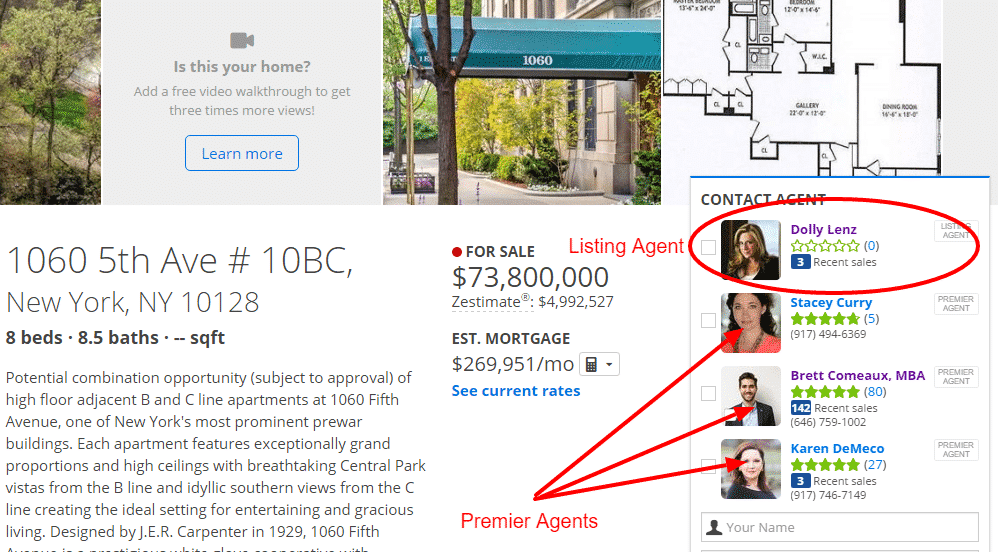
Love them or hate them, Zillow dominates our industry. Anyone who has even thoughts about buying a home has probably registered on Zillow, most likely early on in their search. Most of them are looking for something specific and very likely just want to talk with the listing agent. Did you know that the average registered lead has the potential of getting up to three phone calls almost immediately?
This is why the most repeated term in the real estate industry, “speed to lead,” is so profoundly important for Zillow leads. The lead’s information goes to the listing agent, to the Premier Agent who pays for the lead, and Zillow Concierge. No wonder Zillow leads are pissed off when we call, right?
So how do you break through and come away with a win? It is surprisingly simple. You just need to identify with the lead’s problem and be prepared for the two most common objections they will have: “I’m not really looking” and “I only want to work with the listing agent.”
Here’s a quick example script for your opening line to get as much info as possible without even talking about the home they registered for. The objection here is “I’m not really looking.”
Agent: Hey [first name]?
Lead: Yes?
Agent: I see you were on Zillow and requested information about 123 Main Street. What was it about that home that interested you?
Lead: It was near my mother’s home and in the perfect location.
Agent: Oh great, while I am looking for more information on the home, let me ask. How long have you been looking?
Lead: We were not really looking, I just saw this home and was thinking about it if it worked out.
Agent: Great, so do you rent or own currently?
Lead: Rent.
Agent: Are you in a lease term or month to month?
Lead: Month to month.
Agent: So if you found the perfect home, you could move at any time? Let me ask you, what would have to happen to make a move possible?
Don’t make the mistake most agents make and say “that home is already under contract.” If you do that, they will have no reason to continue the conversation with you. Instead, practice the script I just gave you and dig into their situation. In order to empathize and build rapport quickly, you need to understand their situation.
Here’s a script to handle the “I want to work with the listing agent” objection. This one is a quick conversation ender for many agents. If they get hung up on, it’s usually going to come after this objection.
Agent: Hey [first name]?
Lead: Yes?
Agent: I see you were on Zillow and requested information about 123 Main Street. What was it about that home that interested you?
Lead: Are you the listing agent?
Agent: No, I am not. Why is that important to you?
Lead: They know more about the house and I can get a better deal working with them directly.
Agent: I totally understand what you are saying. Just a quick question. Do you know that the agent was hired by the seller to make them the most amount of money? And that is a conflict of interest for them to save you the most amount of money and protect you from anything that does not require them to disclose?
Of course, this is not how the conversation ends. You will probably get one of two responses to this question:
Option 1:
Lead: Yes, that is fine, I have bought before. I don’t need an agent, I can do this myself.
Agent: So if you were going through a divorce, you would be OK using the same attorney?
Option 2:
Lead: Oh, I knew something of that but didn’t realize this, no.
Agent: Well, it’s my job to not only save you the most amount of money, but to protect your future investment. What is it exactly about this home that you wanted to know?
Note: Zillow Leads Require Multiple Call Attempts
The dirty secret to success in real estate is that you just have to be a little bit better than your competition. Scripts help, but if you have trouble getting people on the phone in the first place, you’re sunk.
So when the speed-to-lead approach doesn’t work, meaning they don’t answer the phone on that first attempt, try and try again. Staying consistent with multiple call attempts is crucial to converting Zillow leads to customers.
The rule I train my inside sales agents (ISAs) to follow is a minimum of six to eight call attempts within two weeks. This is how you beat your competition because with this consistency you increase your chances of having a conversation. Meanwhile, the other agent lost because of the lack of attempts. They tried once, maybe twice, and then they gave up. Always remember that real estate is a numbers game!
If you’re looking for a smart ISA solution, check out REALQuaified. REALQualified’s team of highly-trained ISAs will follow up with your leads on your schedule.
2. Building Rapport Quickly With Google PPC Leads
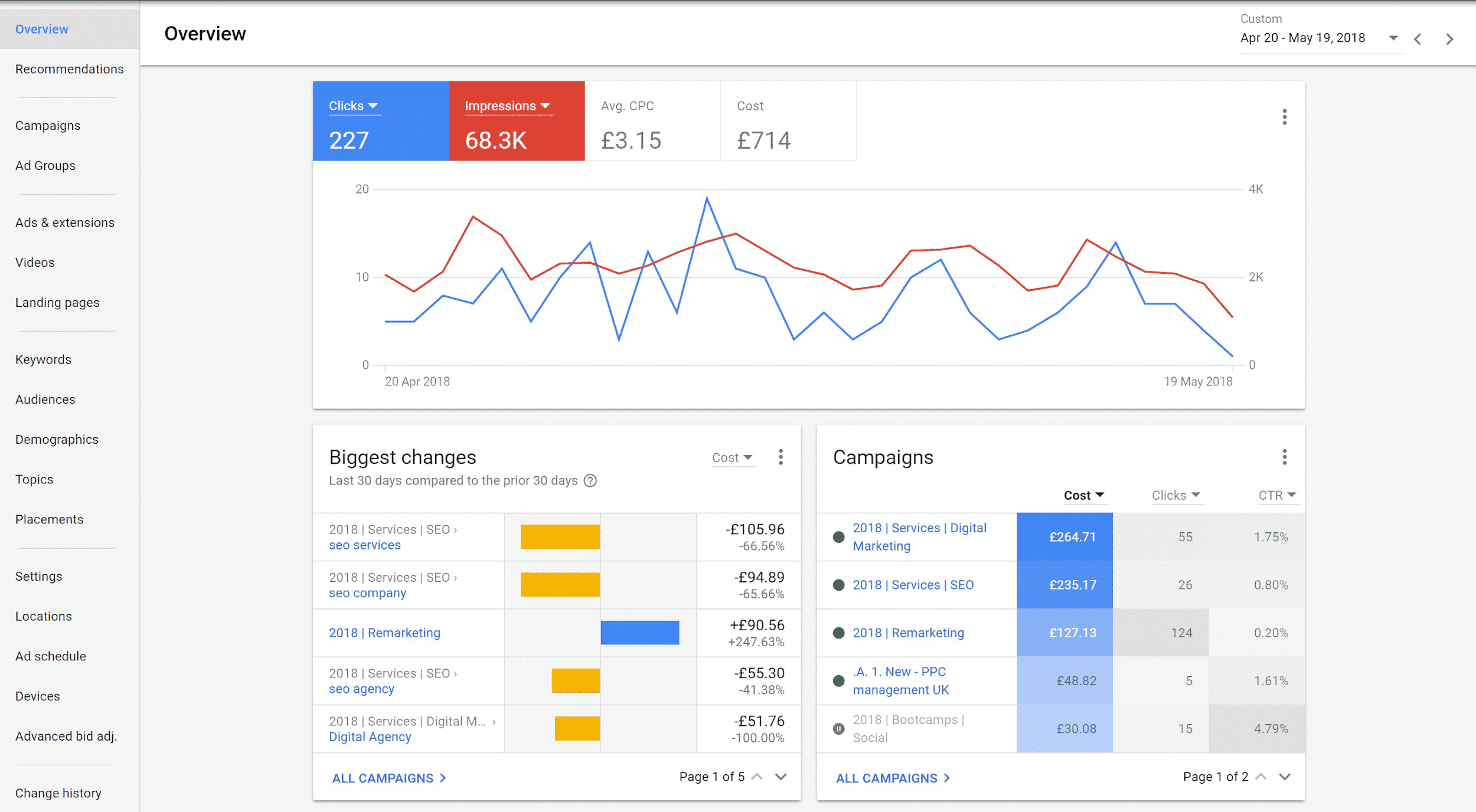
Leads from Google Ads are among the most common leads generated in the industry. I like to think of these leads much like they are walking into a store and the sales clerk asks, “Is there anything I can help you with today?” Like most of us in a store, they usually say something like, “No thanks, I am good” OR “I am just looking, thank you.”
Yet many agents get mad with leads who respond similarly. Why? That philosophy of speed to lead in my opinion isn’t relevant with Google or any pay-per-click (PPC) lead. These leads aren’t ready to be pounced on like a Zillow lead. That means your strategy to build rapport with Google PPC leads should be a little different.
As long as there is a call attempt within 12 hours, depending upon what time they register, that should be enough. Remember what I said about the Zillow leads and the amount of phone calls they get? These leads have their defenses up and are on high alert because more than likely, they didn’t just start and stop with your website. They probably registered on a few websites and probably registered on Zillow too. There is a large chance you are not the only phone call they are receiving. That means being too aggressive can result in a straight-up phone block.
In my personal experience with calling these leads, most are genuinely just looking. Who doesn’t like to look at homes? Your main goal calling them is to simply find out where they are in the process. Sure, the appointment is the ultimate goal, but you are more likely to get results from them long term with proper nurturing. So don’t get too aggressive. Save that for Zillow leads.
The way these leads usually find you is by literally typing “homes for sale in [city]” into Google and clicking on whatever comes up. Unfortunately, that means they might register on more than one website.
When I am training agents I always tell them, “He who has the conversation wins!” Keeping that in mind calling these leads and knowing they are “just looking” in several of your competitors’ databases is key.
Now that you understand where they are coming from, it makes talking to them so much easier. Here’s a quick opening script as an example:
Agent: Hey [first name]?
Lead: Yes?
Agent: I saw you were online looking at homes in [city] and wondered what your future plans are, or what you may be looking for.
The reason this opening line works so well is that it’s a laid-back approach. This helps drop their defenses of not wanting to be sold to. It’s quick and to the point. It also leaves less room for an immediate objection because you are directly identifying the fact they were searching online for homes … which they were! This is the first phase of breaking through with Google leads, dropping their defenses, and building rapport.
3. Building Rapport Quickly With Realtor.com Leads (& Others)

These leads can be in a variety of situations. Just looking, wanting more information on a specific property, or wanting to see a home—and don’t forget those strange people who say, “I wasn’t looking for homes online!!” Yeah, right! Then how did I get your phone number?
Just like Google PPC leads, always frame your opening question with how they were routed into your database. Here’s a good example script for your opening line:
Agent: Hey [first name]?
Lead: Yes?
Agent: I saw you were on [Realtor.com / Trulia / and so forth] looking at homes in [city] and wondered what your future plans are, or what you may be looking for.
Don’t worry about putting much focus on the name of your website or the company you work for. Most leads will remember registering on at least one website, but might not remember every site they registered with. These leads have been web surfing in so many places so they probably don’t remember the exact sites they registered or didn’t register for. Instead, what really matters are the questions you ask finding out where they are in the process to gain a sense of urgency.
Finding the lead’s intention, urgency, and current situation is paramount to converting these leads into customers as well as building your pipeline of future business.
4. Building Rapport Quickly With Facebook Leads
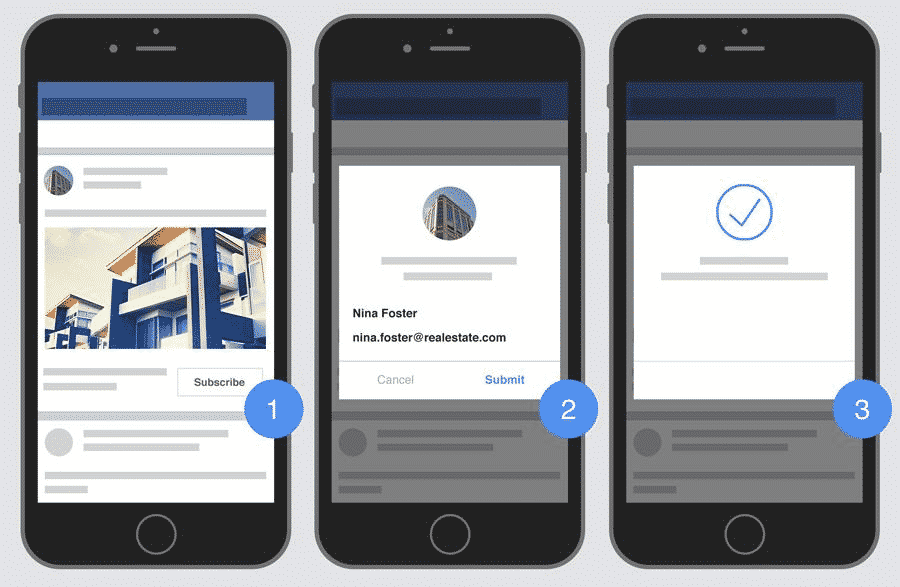
Facebook ad leads—like Zillow leads, we either love them or hate them. When everyone first started with Facebook ads, they were pretty much only advertising listings to make the sellers happy. I know I was.
In fact, with one listing I advertised on Facebook back when Facebook ads were new, the seller shared my post with everyone in their family, extended family, and friends. That meant a ton of inquiries. Of course, most were just curious and wanted to see more photos.
So yes, I got tons of leads from that ad, but they were all over the country with no real plans for moving. That meant a lot of phone calls resulting in nothing but frustration.
It is important to understand your market dynamics and be the solution to the problem your leads have in your market. This tactic is what is going to produce more quality leads.
Here are a few Facebook ad headlines that will actually get you leads and not random people from all over the country:
Get the hottest list of homes in [city] under $____ here Get a list of new construction homes here
Waterfront homes for sale in [your farm area]
Always use headlines that grab attention. Once you choose your audience, you are then targeting to their interests, creating a higher-quality lead. The most important thing to remember with Facebook leads is that they will have a longer turnaround time. Speed to lead is less of an issue for Facebook leads.
Of course, when calling them, you should still always remind them that they were on Facebook and clicked on an ad that indicated they were interested in receiving a list of homes. Just remember to ask what specifically they would be interested in with respect to location.
Here’s a good script for Facebook leads:
Agent: Hey [first name]?
Lead: Yes?
Agent: I see you were on Facebook and were looking to receive a list of homes [ad specific]. Just wondering what exactly you would be most interested in; is there anything in particular that would interest you more?
Lead: I just want the list of homes. I am not seriously looking yet.
Agent: OK, great, not a problem. I can certainly do that. Let me ask you, what would be the reason for a move if you were to move in the future?
Lead: We have been thinking about downsizing.
Agent: Great, how long have you been in your home?
Lead: 20 years.
Agent: That is wonderful, so you probably have some great equity?
Lead: Yeah, our home is just about paid off. Not sure we want to get into a mortgage.
Agent: If it would be possible to trade homes and little or no mortgage, would you consider moving sooner than later?
Lead: I suppose so.
Agent: Would it be helpful to just look at numbers? No obligation. I can come out and tell you what a buyer would pay for your home in today’s market. Then we have a solid number that will allow us to see what is out there within those numbers and see what happens.
You have just taken a lead that “wasn’t that serious” and by digging a little deeper, were able to turn it around to an appointment. Will this work with every lead? Of course not. However, if you want a chance of converting any leads, you need to always be thinking about solving their problem. The first step is to equip yourself with the right questions to identify their problem. The next step is to propose your solution to that problem. Simple!
5. Building Rapport Quickly With Home Valuation Leads
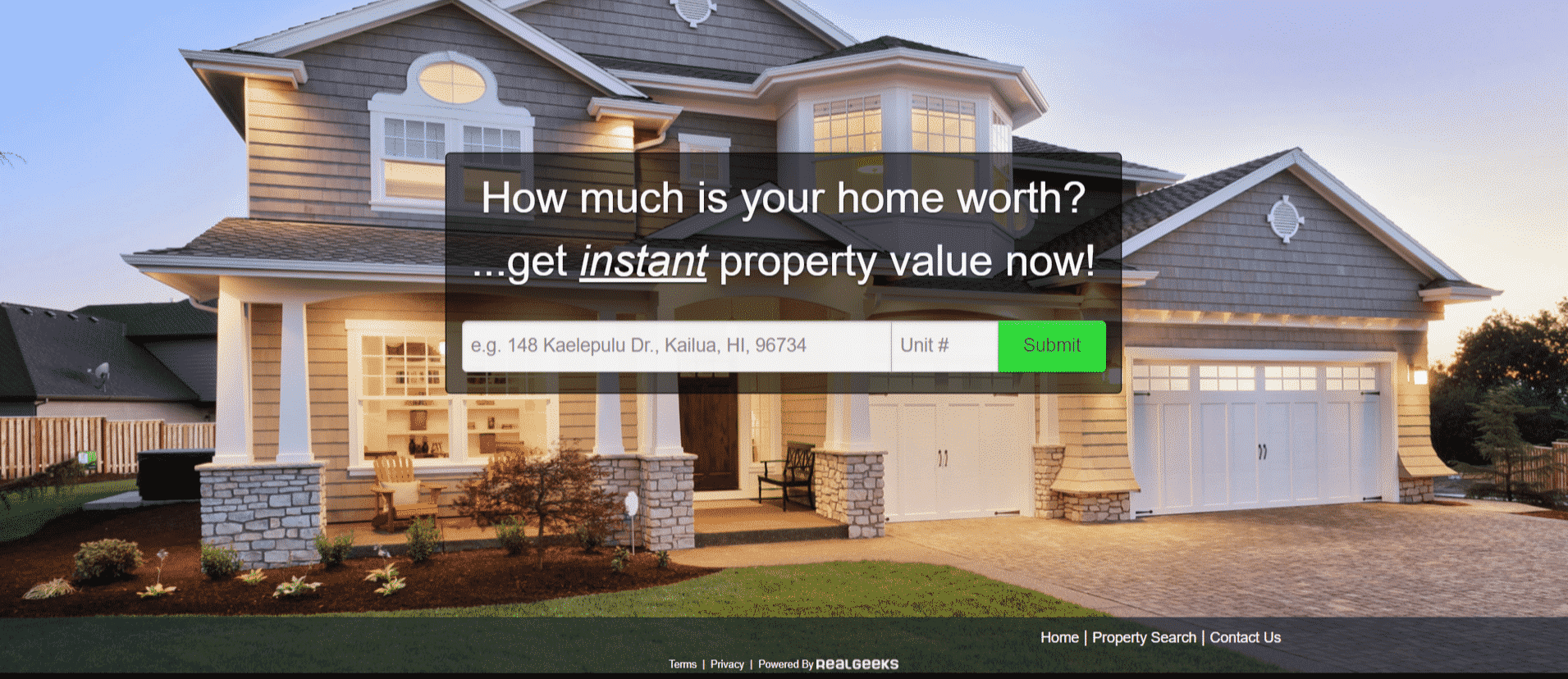
Using a tool like Real Geeks to create home valuation landing pages? The first lesson I learned with these leads is that they don’t necessarily own the home they are looking to get an evaluation on. Weird, right? Also, quite a few of these leads are more curious about the value of the homes they do own for refinancing purposes and not actually selling.
The best thing about these leads is that you are building an arsenal of potential sellers in your database. I want you to think long term and big picture about these leads. My best advice for new agents is this: You are in the database-gathering industry, whether you know it or not. The biggest value you have in your business is your database. Anyone who tells you differently is lying or not very successful. Contacts = contracts. It’s as simple as that!
Now let’s learn how to have a conversation with these leads.
Option 1:
Agent: Hello [first name]?
Lead: Yes?
Agent: I saw you were online and were curious about the value of the home on 123 Main Street.
Lead: Yes, I was.
Agent: Did you find what you were looking for?
Lead: Pretty much. I was just talking with my neighbor and we were just discussing our neighborhood and a home that has gone up for sale, and we were wondering what our homes were worth.
Agent: Were you happy with the number?
Lead: Yes, for the most part.
Agent: I just wanted you to know that what you received is very general number and more than likely a pretty broad range. How long have you been in your home?
Lead: 10 years.
Agent: Are you thinking about maybe selling and making a move?
Lead: No, not until our kids graduate school and our youngest is 13, so we have at least five years.
Agent: Just wondering—do you think there would be anything that could happen that would make you move sooner?
Lead: Very doubtful, as our next home will be our last home and will probably be near the water somewhere.
You could also run into the situation that they were looking at the value of a home they were interested in purchasing that may be a FSBO or former childhood home. This is why I always open up with the next option:
Agent: I saw you were online and were curious about the value of the home on 123 Main Street.
Lead: Yeah, I drove by the home and saw a sign in the yard, but couldn’t find it online.
Agent: What is it about this home that interests you?
Lead: I pass it every day going to work and it is so much closer for me. I have always liked it and was just wondering what is going on with it.
Agent: I can certainly find out for you. Are you looking to make a move closer to work?
Lead: No, I just saw this home and was curious.
Agent: Is there a price range of interest? If there would be something we could make happen for you, would you be interested in exploring or potentially making a move?
Taking conversations this far gives you a great indication of time frame. Remember we can’t make people move—we can only offer suggestions and see if it piques an interest.
Over to You
How do you build rapport quickly on the phone? Have a great tip or script? Let us know in the comments.

![How to Build Rapport With Inbound Leads, Quickly [+ Scripts]](png/featureimage_how-to-build-rapport-with-inbound-leads.png)
